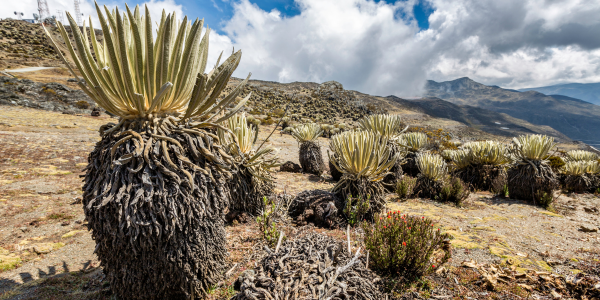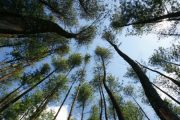Simon Bolivar, El Libertador (‘the liberator’), born into a patrician family in Caracas in 1783, freed his homeland and five other South American countries from Spain before his premature death, aged 47, in 1830. His equestrian statue is in every central plaza in every Venezuelan town; indeed, he even shivers, horseless, with drawn sword, in downtown Ottawa today. He was venerated by Hugo Chavez, who called his own populist triumph a “Bolivarian” revolution. Yet neither Bolivar, nor the dictators and autocrats who followed him, nor the Marxist ideologues Chavez and Maduro, have ever been able to free the most vulnerable of their suffering people from the yoke of extreme poverty, corrupt governance, or the selfishness of a privileged elite. Bolivar himself despairingly pronounced, shortly before his death, “America is ungovernable, for us” when his dream of Spanish American unity vanished after independence. In disillusionment, he famously said, “Those who serve the Revolution plough the sea.” And thus we exiles left his beautiful country, its devout and passionate people, with its tropical paradise, its mismanaged economy, and its impossible politics, far behind us.
The challenge for my family was now to be that of adaptation to a return to our native land, which, for me, from my reading and upbringing, and from visits in 1956 and 1958, was a land of myth and fable, of damp and ‘London fog,’ of romantic stories of Robin Hood and King Arthur, of Spitfires vanquishing the Nazi Luftwaffe, and a contrast with the life of tropical sunshine and ease, of plenty and prosperity, that we had for so long been accustomed to. Reality was soon to intrude on fantasy.





